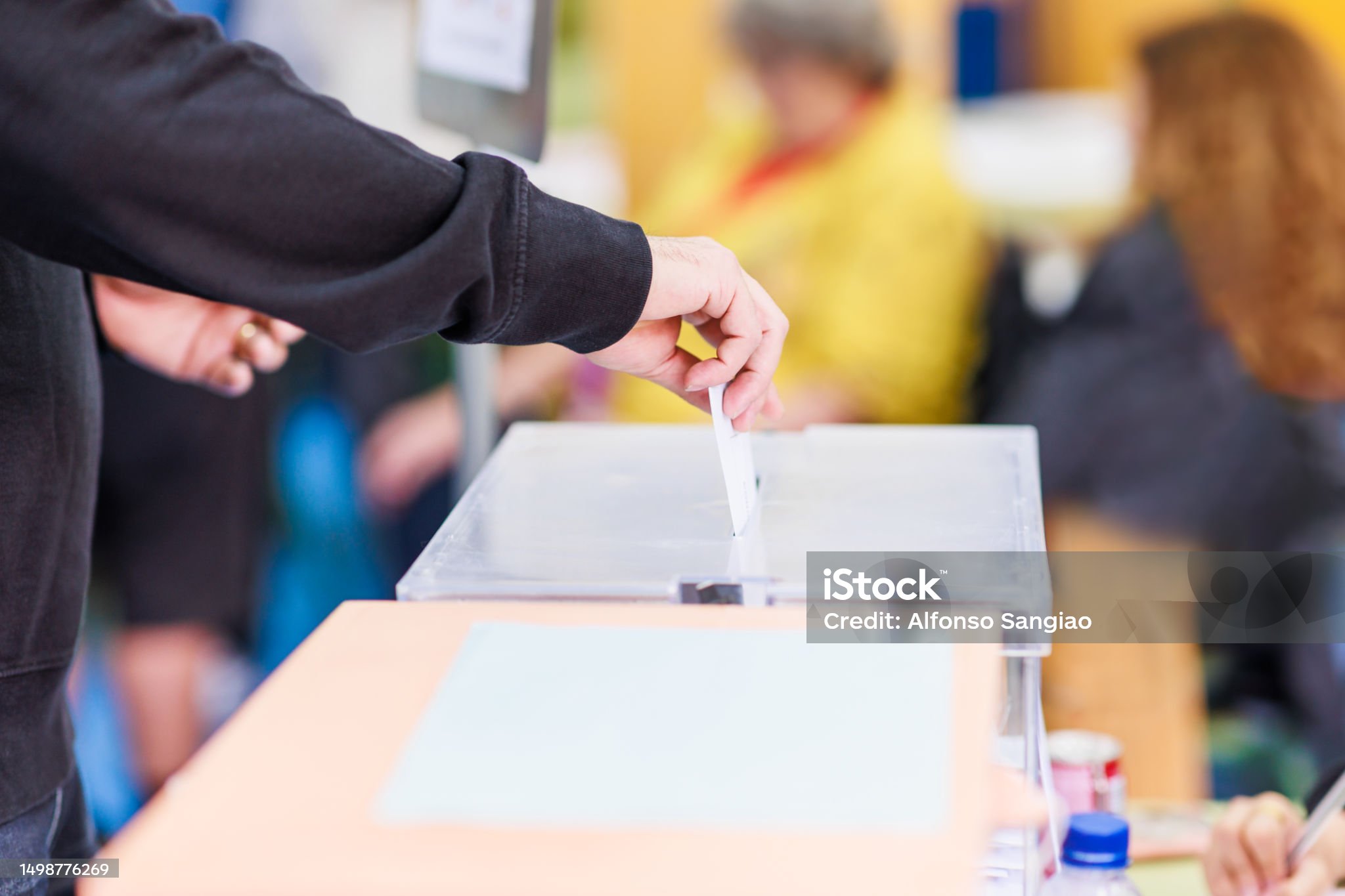
Democracy is often celebrated as the ideal system for fostering freedom, equality, and justice. In theory, it empowers citizens, giving them a voice in the decisions that shape their lives. But in practice, many people today are questioning whether democracy is truly working as it should. Suppression of free speech, rising political division, and a growing sense of helplessness among the public all point to cracks in the democratic system that need addressing.
In this blog post, we’ll explore these challenges and why they’re causing people to question the health and effectiveness of democracy.
1. Suppression of Free Speech
Free speech is one of the cornerstones of a healthy democracy, allowing citizens to express opinions, debate ideas, and hold their leaders accountable. However, in recent years, freedom of speech has faced significant threats in many democratic countries, including the United Kingdom and the United States. The suppression of free speech, whether through government censorship, social pressures, or corporate influence, weakens the very fabric of democracy.
- Government Restrictions: In democratic nations, governments sometimes impose limitations on speech under the guise of protecting public safety or preventing hate speech. However, these laws can be applied broadly, curtailing not only harmful speech but also dissenting opinions. In the UK, for example, legislation like the Communications Act has led to arrests for social media posts that were deemed “offensive,” raising questions about the line between harmful and free speech.
- Social Media Censorship: Social media platforms, which have become central to public discourse, are increasingly policing content, often removing posts or suspending accounts based on vague or inconsistent guidelines. While some regulation is necessary, especially to prevent misinformation, these platforms wield immense power over what information reaches the public. With corporations acting as gatekeepers, public discourse becomes narrower, and alternative viewpoints are often silenced.
When free speech is suppressed, people feel less empowered to voice their opinions, diminishing democracy’s role in fostering a robust exchange of ideas. A democratic system that fails to protect open dialogue is at risk of becoming an echo chamber, where only certain perspectives are tolerated and true diversity of thought is lost.
2. Rising Political Division
Political division has always existed, but in recent years, it has reached new heights, particularly in countries like the United States. The stark division between Democrats and Republicans has led to polarization so intense that many citizens now view those with opposing views as enemies rather than fellow citizens. This division has made it challenging for governments to function effectively and for citizens to engage in constructive debate.
- Polarization and Hostility: The divide between political groups has become personal, with people associating their political identity with their core values and viewing opposing beliefs as a threat. Media outlets and social media algorithms exacerbate this by tailoring content to confirm users’ biases, creating echo chambers where opposing ideas are seldom heard. In the U.S., this division is visible in nearly every aspect of society—from social issues to public health measures—making compromise and bipartisan solutions increasingly rare.
- Paralysis in Governance: Extreme partisanship hinders democratic governance. Gridlock in the U.S. Congress, for example, prevents lawmakers from passing essential legislation and addressing pressing issues. Instead of collaboration, political leaders often engage in a cycle of blame and obstruction, which leaves citizens feeling frustrated and helpless. The inability to achieve meaningful progress erodes public trust in democratic institutions, as people see their representatives more focused on party loyalty than on working for the public good.
As political division grows, democracy suffers. When compromise becomes impossible, democratic institutions lose their effectiveness, and citizens lose faith in their leaders’ ability to represent their interests.
3. A Sense of Helplessness Among Citizens
Democracy is meant to empower citizens by giving them a say in the decisions that affect their lives. However, many people today feel increasingly powerless, as though their voices and votes no longer matter. This sense of helplessness stems from limited political choices, the influence of money in politics, and the perception that governments prioritize corporate interests over those of ordinary citizens.
- Limited Choices: In many democratic systems, citizens have few genuine choices when it comes to political representation. In two-party systems like the U.S., voters often feel pressured to choose between the “lesser of two evils,” as their options are limited to the dominant parties. This lack of diverse representation leaves many feeling unrepresented, especially if their views don’t align with the main parties’ platforms.
- Money in Politics: The influence of money in politics is another factor that contributes to public helplessness. Large corporations, interest groups, and wealthy individuals have significant sway over political campaigns and policy decisions. This influence leads to policies that favor powerful elites rather than the general public, leaving ordinary citizens feeling that their needs are overlooked. When politicians are more accountable to their donors than to their constituents, democracy loses its integrity.
- Corporate and Special Interest Influence: Beyond campaign finance, corporations and special interest groups often play a direct role in shaping policy. For instance, lobbying efforts can lead to legislation that benefits big business while neglecting public interests. When citizens feel that corporations have more power than they do, it undermines democracy’s promise of equality and fair representation.
This sense of helplessness contributes to lower voter turnout, political disengagement, and widespread cynicism. People who feel that their voices don’t matter are less likely to participate in the democratic process, which further weakens democracy itself.
4. Erosion of Accountability and Transparency
Democracy depends on government accountability and transparency, yet many citizens feel that political leaders are less accountable than ever. Governments and political leaders are often seen as out of touch with the public, making decisions behind closed doors without sufficient transparency.
- Lack of Transparency: In democratic countries, government agencies sometimes withhold information or operate in secrecy, leading to public mistrust. Whether it’s through opaque decision-making or a lack of access to public records, governments that lack transparency create a disconnect between leaders and citizens.
- Decreasing Accountability: In cases where political leaders are caught in scandals or controversies, accountability is often minimal. Leaders may face few consequences, giving the impression that they are above the rules that apply to ordinary citizens. This erosion of accountability breeds resentment and diminishes public trust in democratic institutions.
When citizens lose trust in the transparency and accountability of their leaders, democracy’s foundation weakens. A system that allows political elites to operate without oversight or consequence fails to represent the people it claims to serve.
5. Media and Information Manipulation
In a democracy, access to accurate information is crucial for making informed decisions. However, with the rise of misinformation, biased media, and algorithm-driven news feeds, it has become increasingly difficult for citizens to access reliable information. This manipulation of information can skew public opinion, fuel division, and undermine informed decision-making.
- Bias in Mainstream Media: Media outlets often align with specific political ideologies, presenting news in a way that supports their agenda. This can lead to one-sided reporting that manipulates public perception. When media organizations prioritize sensationalism or political bias over objective reporting, it distorts the truth and makes it harder for citizens to understand complex issues.
- Spread of Misinformation: Social media has accelerated the spread of misinformation, allowing false information to reach millions within hours. This misinformation can shape public opinion, influence elections, and erode trust in democratic institutions. When citizens make decisions based on inaccurate information, democracy itself is at risk, as the public is no longer able to make informed choices.
A democratic society requires a well-informed public, yet when access to unbiased information is compromised, citizens lose the ability to make educated decisions. This ultimately weakens the foundation of democracy.
Why We Must Protect and Strengthen Democracy
Despite its challenges, democracy remains a powerful system that promotes freedom, equality, and human rights. However, the issues facing modern democracies—suppression of free speech, political division, public helplessness, lack of accountability, and media manipulation—highlight the need to reinforce democratic values and practices.
Protecting free speech, fostering inclusivity in political representation, increasing government accountability, and promoting access to accurate information are all crucial steps for revitalizing democracy. By addressing these issues, we can create a system where citizens feel empowered, represented, and informed.
In a time when democracy’s effectiveness is increasingly called into question, it’s more important than ever to defend its principles. True democracy is not just about elections—it’s about active participation, robust debate, and a commitment to ensuring that every citizen’s voice matters. As global citizens, we have a responsibility to strengthen democratic institutions and advocate for a system that truly serves the people.




